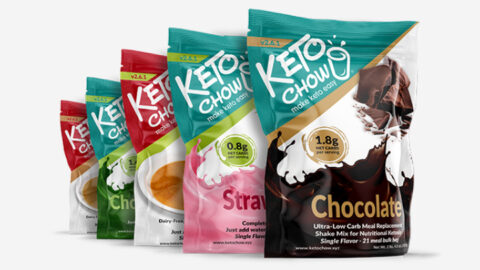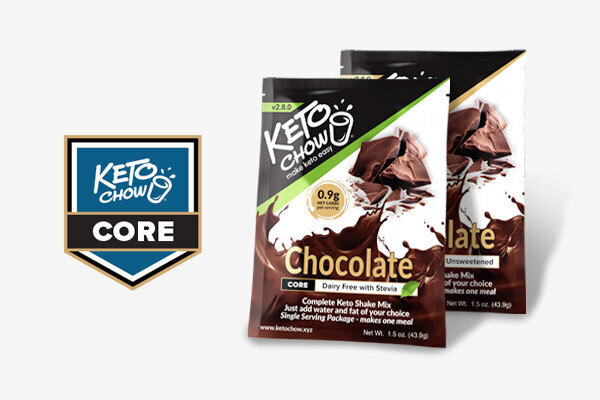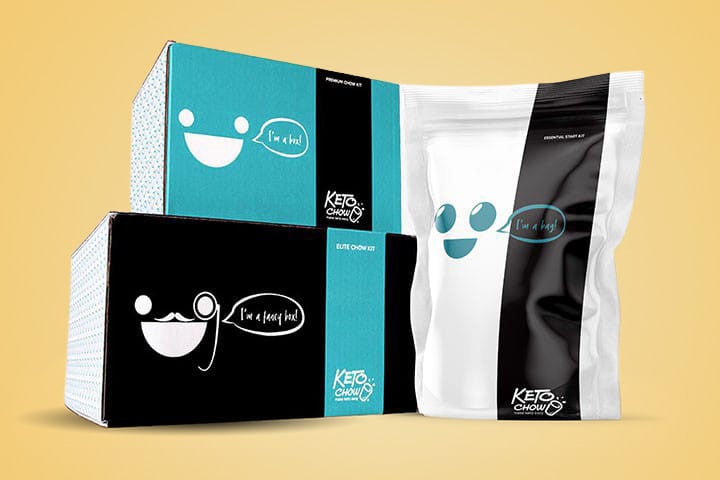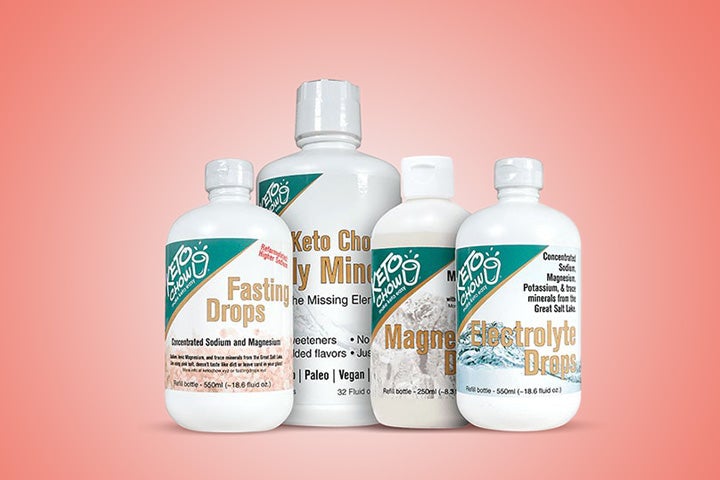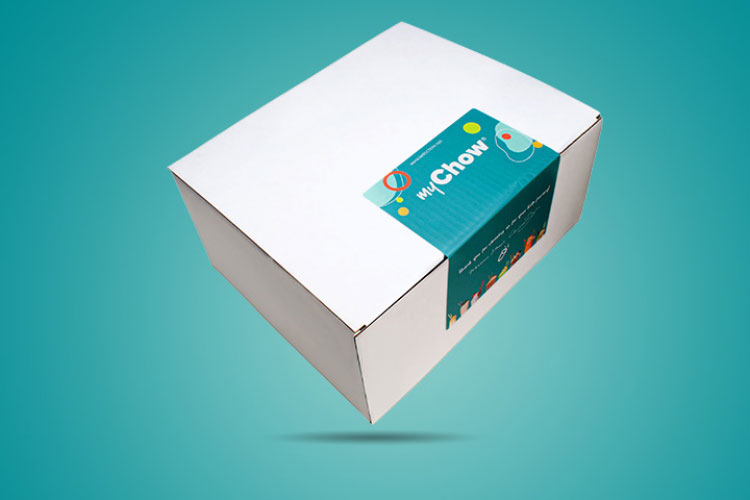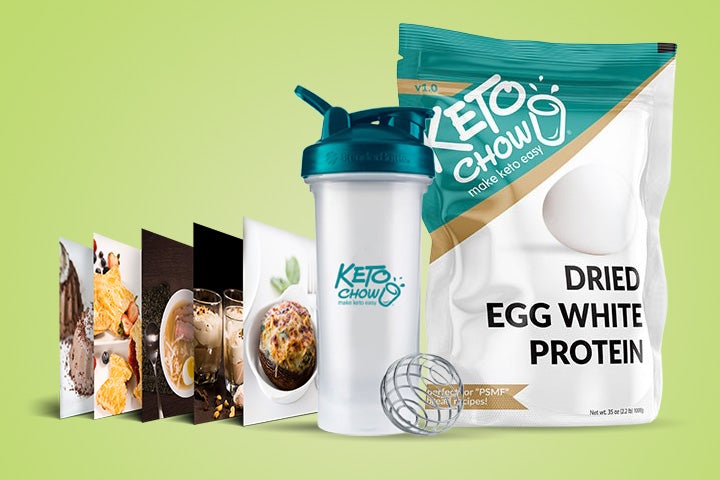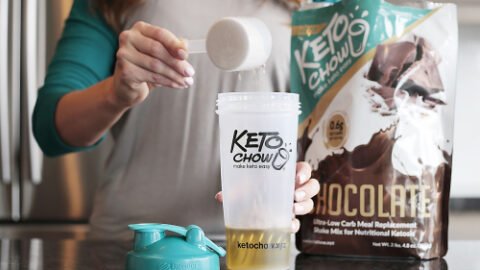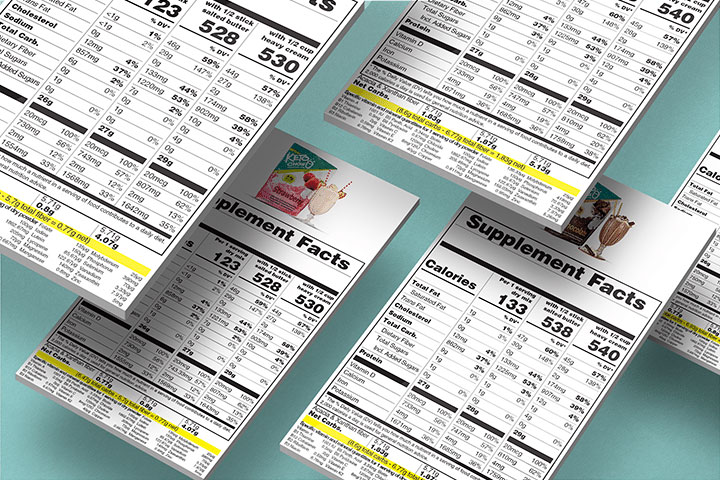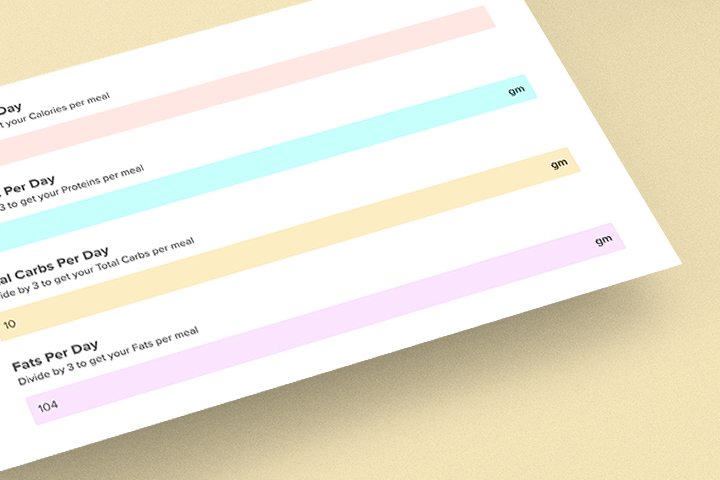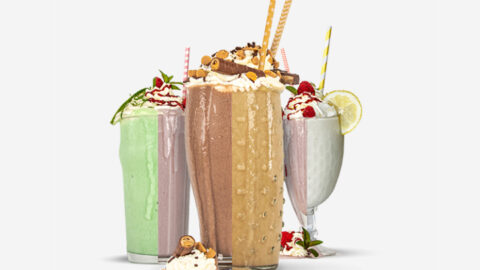What is Keto?
What is "Keto"?
It’s actually pretty simple. Your body uses 2 main sources for energy: fats and carbs. Carbs are easy to break down so your body will always use them first. (This means the more carbs you eat, the less fat you burn). A ketogenic diet reduces the amount of carbs you eat so that your body gets its energy from fat instead of carbs.
A Ketogenic diet reduces your carb intake so that your body gets its energy from fat instead.
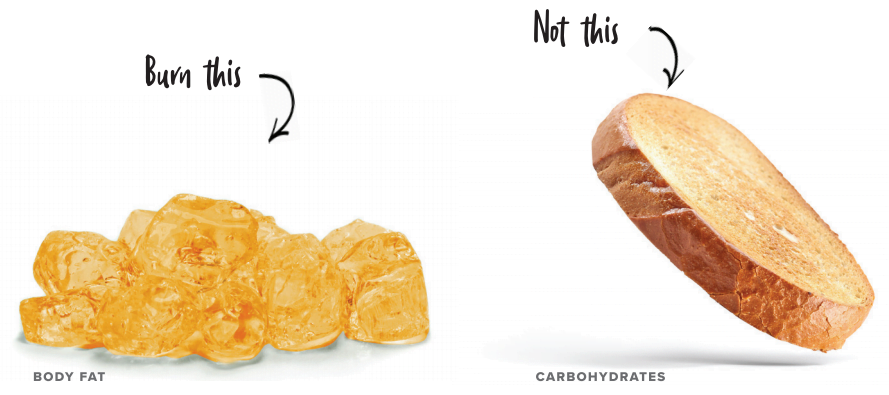
Benefits of Keto
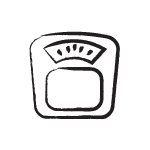
Healthy weight
When you are in ketosis, your body learns to burn its own fat stores (instead of carbs) and to respond more effectively to insulin—both of which help you achieve and maintain a healthy weight.

mental clarity
Because your brain has a steadier source of energy on keto (no more wild fluctuations in glucose from all those carbs!), you may notice less brain fog and greater mental energy and clarity.
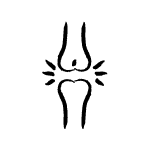
Reduced Inflammation
Your body’s inflammatory markers decrease when exposed to ketone bodies, which can lead to improved symptoms for conditions like psoriasis, joint pain, and even some GI issues like IBS.
Tips:
1
Understand what keto really is. There are mountains of information available out there, but at the end of the day, keto is about one thing: keeping your carbohydrate intake very low. Period.
2
Manage your expectations. Keto can be powerful, but it’s not magic, and it’s not instantaneous. Be patient, and don’t compare your results with anyone else’s.
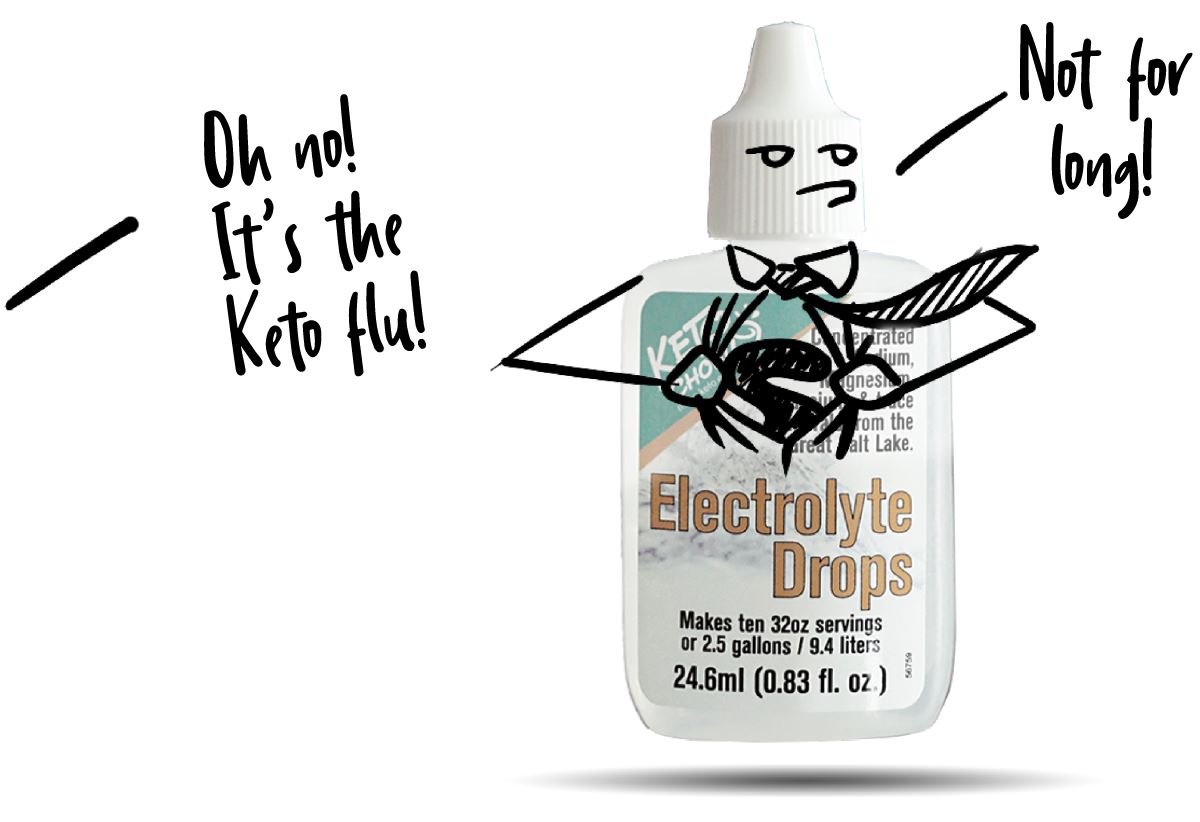
3
Be prepared for keto flu. Skimping on salt and other electrolytes is one of the biggest mistakes you can make in transitioning to keto. Be generous with your salt, and incorporate salty foods like bacon, olives, pickles, and broth.
4
Get professional guidance on medication. Some medications may need to be adjusted after starting keto, but this should always be done in consultation with a physician to make sure you stay safe in your new lifestyle.
5
Get baseline blood tests. This will give you valuable data on the progress you are making.
6
Know how to order in restaurants. Ask for bun-less burgers, and swap out starchy sides in favor of non-starchy vegetables or a salad. Being on-the-go or in a hurry doesn’t mean you have to throw out your keto lifestyle.
7
Go easy on yourself. Be patient with yourself-and don’t let mistakes lead to giving up! Just get right back on track.
8
Give yourself non-weight milestones. The scale does not give you the full picture of your success. Always look at the broader picture of your health when you are evaluating your progress.

The keto flu
What is it?
Keto flu is the nickname for the unpleasant things some people experience as their body transitions from being fueled mostly by carbohydrates to being fueled mostly by fat. We said “some people” experience it, because despite the alarming warnings in keto circles, most people don’t go through a rocky adjustment period. Most people sail through and feel great pretty quickly on keto, but you do need to be aware of what to expect in case you’re someone who has a few hiccups in the first day or two after removing carbs.
Symptoms:
Headache, brain fog, fatigue, irritability, nausea, difficulty sleeping, and constipation.
The cure: Electrolytes
Electrolytes are your best friend when it comes to preventing and dealing with the keto flu. Although you may avoid it altogether, it’s a good idea to be prepared with plenty of electrolytes, just in case.
In ketosis, the body does not hold on to salt like it does with the Standard American Diet. Certain electrolytes like salt and magnesium can really help if you have headaches, muscle cramps, or feel dizzy or lightheaded. (If you’re taking medication for diabetes or high blood pressure, work with a doctor who’s on board with you trying keto, because your medications might need adjusting very quickly after starting keto. Some of what you think is keto flu might be effects of being overmedicated.)
Here are some ways to keep your electrolytes up:
Keto Chow Drops (Daily Minerals, Electrolyte Drops, Magnesium Drops, or Fasting Drops), pickle juice (not sweetened), chicken or bone broth, small salt rocks under your tongue, or a small bit of salt in your water.
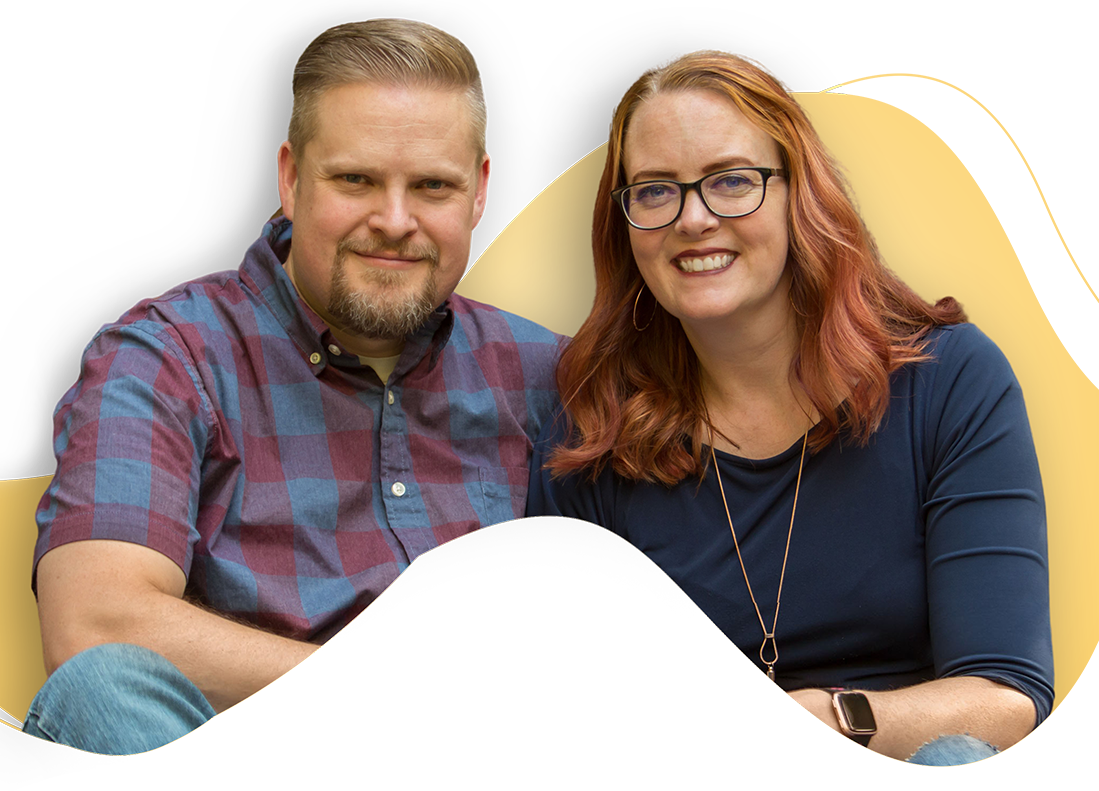
Keto Chow makes keto easy(er)
Keto doesn’t have to be hard.
That’s why we started Keto Chow. We have a big, busy family. Going keto finally gave us back the health and energy we needed to be present with our kids; but the meal prep, shopping, and macro counting was pulling us away. So we set out to create a quick, easy meal that was nutritionally perfect (and it had to taste incredible). Because you deserve the benefits of ketosis, without the hassle.
- Chris & Miriam Bair, Founders of Keto Chow
- Hours: Mon - Fri 8AM - 5PM (Mountain)
Shop
Account
Company
The content of this website is not intended for the treatment or prevention of disease, nor as a substitute for medical treatment, nor as an alternative to medical advice. Use of recommendations is at the choice and risk of the reader. If you are on any medication, please consult with your family doctor before starting any new eating plan. Keto Chow is not intended to treat, cure or prevent any disease. Pregnant or breast feeding women should consult their health care professional before consuming.
